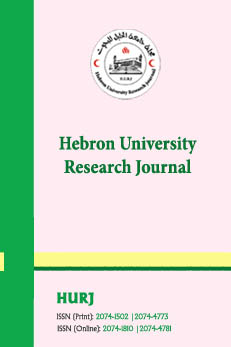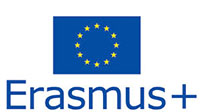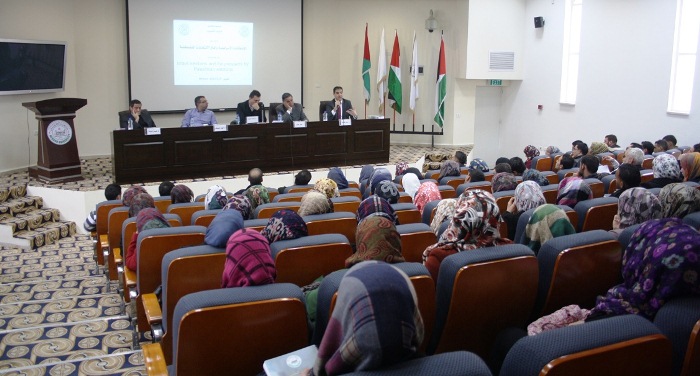News Archive
Hebron University holds seminar on Israeli elections & the prospects for Palestinian elections
Hebron, Palestine, 5 February 2013— The Legal Clinic of Hebron University organized seminar on “Israeli Elections and the Prospects for Palestinian Elections,” with the purpose to assess the impact of latest election in Israel on the question of Palestine and the possibility of holding Palestinian elections as a step towards the political conciliation in the light of recent international developments, particularly the American foreign policy. Speakers at the event were: Dr. Mutaz Qafisheh, Professor of International Law and Legal Clinic Director; Mr. Nabil Amr, member of the Palestine Liberation Organization’s Central Council; Dr. Muhannad Mustafa, Professor of Political Science, University of Haifa; and Dr. Ghassan Shabaneh, head of the Department of International Relations, University of Marymount, New York. Dr. Amjad Shihab, Professor of Political Science, moderated the seminar.
In his paper, “comparative electoral systems in Palestine and Israel,” Dr. Mutaz Qafisheh said that there is an urgent need to reform the Palestinian electoral system in line with the current realities in order to avoid the pitfalls that have characterized the two previous elections that took place in 1996 and 2006. He underlined the necessity to hold the elections not only in Palestine but also for the Palestinians abroad in coordination with governments of host countries, particularly in Jordan, Lebanon, Syria and the Arab Gulf states. He added that election is the only tool to acquire legitimacy for the representatives of the State of Palestine and for the PLO leadership. Dr. Qafisheh called for extending the mandate of the Central Election Commission to Palestinians abroad in cooperation with PLO embassies. He recommended the amendment of the election law to preclude any single political party, especially Fatah or Hamas, from controlling the Legislative Council and the government; because both movements have proven their inability to govern alone over the past two decades.
Mr. Nabil Amr began his speech, “influence of Palestinian elections on national reconciliation efforts,” by stating that there had been two experiments of elections in Palestine; “the first has failed as a result to the absence of political will and the second experience led to the current political division and the Western embargo.” He added that election is the language of the era that reflects the people’s will, which is inevitable even under occupation, especially that elections produce leaders with popular legitimacy. He emphasized the need to end the factions’ domination of the political life through enabling citizens to cast their votes freely on the basis of professional criteria away from tribal and ideological influence. Mr. Amr ended his talk by saying that ballot is the only solution to the Gaza/Ramallah split.
Dr. Muhannad Mustafa delivered a presentation titled “impact of Israeli election on the question of Palestine.” He demonstrated that almost the right-wing has dominated Israeli politics since 1977. The last election in Israel shows the rise of a new generation within right-wing parties, which hold more extreme views towards the Palestinians than the old-guard rightists. The right-wing priority is to preserve the Jewish character of the state by controlling all facets of the society, including the academia, NGOs, media, administration, courts, legislation. The neo right-wing, including “Future Party” led by Lapid, is indifferent towards the question of Palestine. Its strategy for solving the problem is through the creeping annexation of area “c” in the West Bank and expanding settlements. It deems the Palestinian Authority in its current form as the ultimate solution for Palestinians’ right to self-determination. The response to Israeli extremists, according to Dr. Mustafa, is two-fold: international pressure and to make Israeli society paying the cost of the occupation.
The intervention of Dr. Ghassan Shabaneh touched upon “American foreign policy and its impact on the Israeli and Palestinian elections.” He stated that the U.S. does influence Israeli elections; his disagreement with President Obama, for example, is the main reason that explains the weak support that Netanyahu gained in the last election. Against the prevailing belief in Arab world, “it is untrue that Tel Aviv controls Washington and that American Jews rule the United States. But the influence of Jews on American decision-making is surely greater than that of Arabs.” With regard to the U.S. impact on Palestinian election, Dr. Shabaneh explained that the problem lies in the lack of a clear Palestinian representation vis-à-vis the United States. “Unfortunately, there is no single Palestinian narrative in relation to the United States. No ambassador or diplomatic staff in the Palestinian embassy in Washington deserves his position; most positions are distributed based on personal relations and political affiliations, not on merits or qualifications, despite the fact that the solution for the Israel-Palestine conflict rests in the White House more than anywhere else.”






